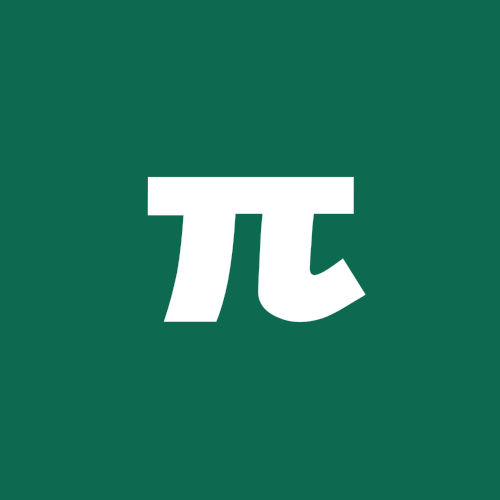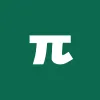We want to prove that:
\[ \lim_{x \to \infty} \left( 1 + \frac{a}{x} \right)^x = e^a \]
Proof using Logarithms and L'Hôpital's Rule
Let’s define the function:
\[ y = \left( 1 + \frac{a}{x} \right)^x \]
Taking the natural logarithm:
\[ \ln y = x \ln \left( 1 + \frac{a}{x} \right) \]
Now, let’s study the limit:
\[ \lim_{x \to \infty} x \ln \left( 1 + \frac{a}{x} \right) \]
Applying L'Hôpital's Rule to the indeterminate form \( \frac{0}{0} \):
\[ \lim_{x \to \infty} \frac{\ln(1 + \frac{a}{x})}{\frac{1}{x}} = a \]
Hence, \( \ln y \to a \), and therefore \( y \to e^a \).
Proof using the Taylor Series
Consider the function:
\[ y = \left( 1 + \frac{a}{x} \right)^x \]
Take the natural logarithm of both sides:
\[ \ln y = x \ln \left( 1 + \frac{a}{x} \right) \]
To calculate the limit, we use the Taylor series expansion of the natural logarithm around \( u = 0 \):
\[ \ln(1 + u) \approx u - \frac{u^2}{2} + \frac{u^3}{3} - \dots, \quad \text{as } u \to 0 \]
Let \( u = \frac{a}{x} \). Substituting this into the expansion, we get:
\[ \ln \left( 1 + \frac{a}{x} \right) \approx \frac{a}{x} - \frac{a^2}{2x^2} + \frac{a^3}{3x^3} - \dots \]
Multiply both sides by \( x \):
\[ x \ln \left( 1 + \frac{a}{x} \right) \approx x \left( \frac{a}{x} - \frac{a^2}{2x^2} + \frac{a^3}{3x^3} - \dots \right) \]
Simplifying the terms:
\[ x \ln \left( 1 + \frac{a}{x} \right) \approx a - \frac{a^2}{2x} + \frac{a^3}{3x^2} - \dots \]
As \( x \to \infty \), all terms of the form \( \frac{a^n}{x^n} \) with \( n \geq 1 \) approach 0. Therefore, we are left with:
\[ \lim_{x \to \infty} x \ln \left( 1 + \frac{a}{x} \right) = a \]
Exponentiating both sides, we get:
\[ \lim_{x \to \infty} \left( 1 + \frac{a}{x} \right)^x = e^a \]

